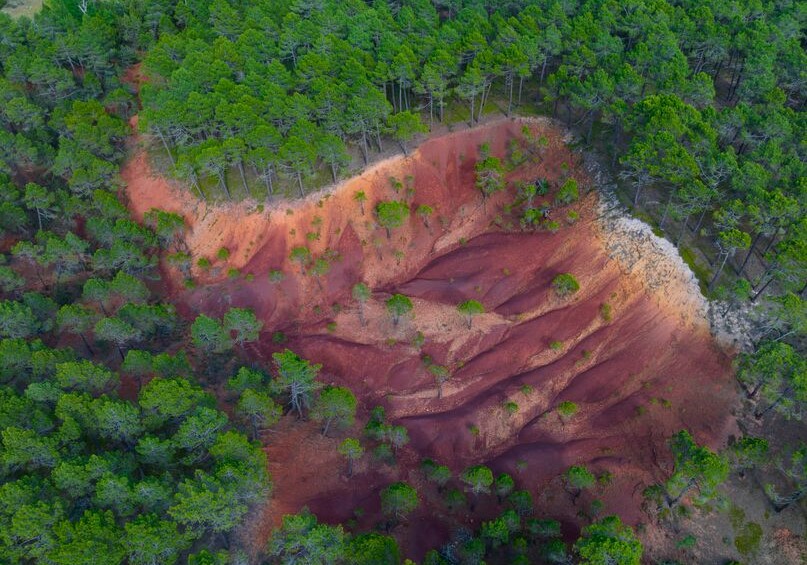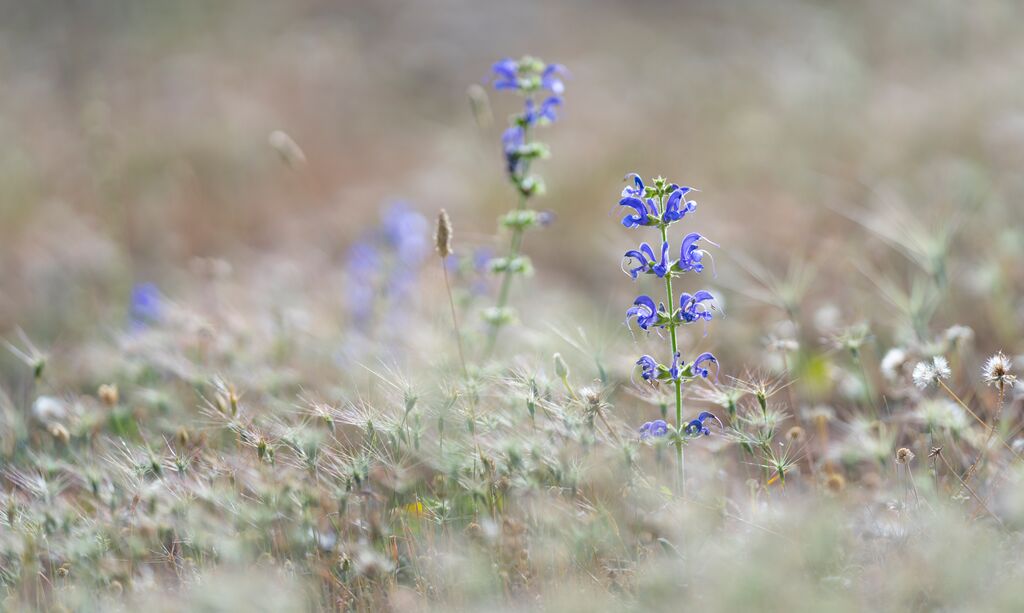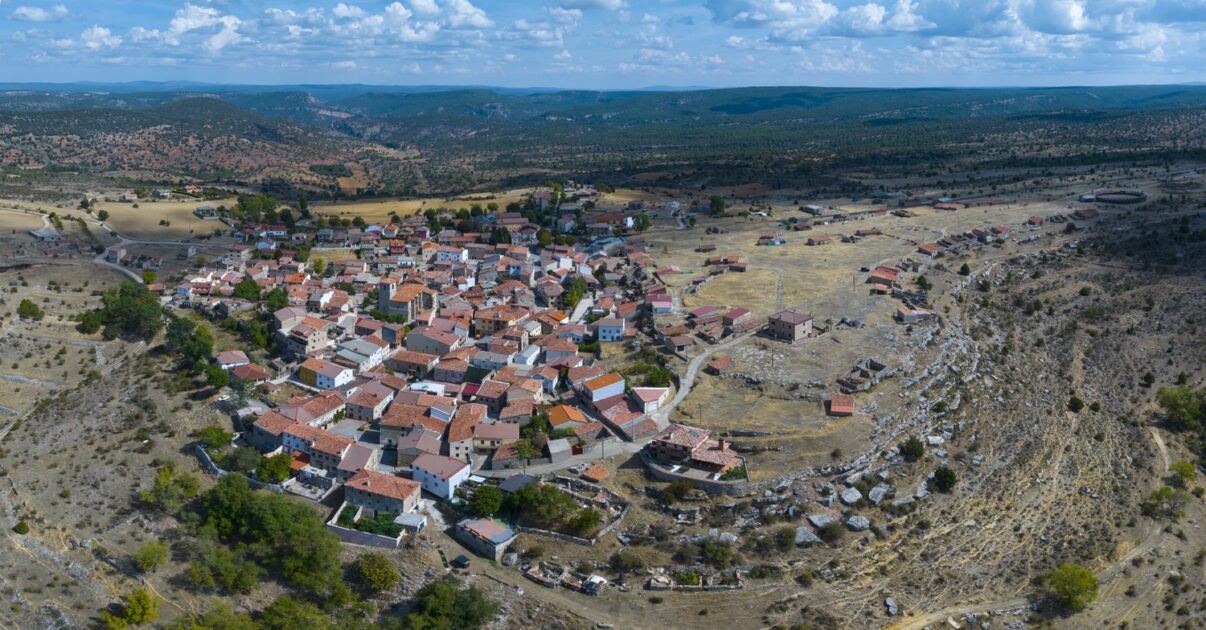Mara Zamora is the general manager at Rewilding Spain. Coinciding with the celebration of World Rewilding Day, we publish this article that highlights the link between the well-being of nature and that of human beings, as well as the role of rewilding as a vision that addresses fundamental challenges for people, based on their commitment to a wilder and more ecologically functional nature.

For many years now, we have been talking about the need to do something for the planet and some progress can be seen almost every areas that make up the reality for human beings: citizenship, business, politics… The progress in the development of the European Law on Nature Restoration is good evidence.
In recent decades, communication has played its part and practically all citizens are aware of the negative impact that certain human activities have in nature and of the environmental degradation that we have caused. We are also acutely aware of the difficulty of trying to maintain unlimited economic growth while seeking alternatives to reduce greenhouse gas emissions. In short, there is a collective awareness of these negative effects, but the doubt remains. At this point, it is not clear to what extent we understand two indisputable facts: first, we are nature; secondly, in order to live, we need ecosystem services, those “benefits” that, as a society, we obtain from nature and that need to be valued as they deserve.

Indeed, we are nature and we are part of ecosystems and the biosphere. In order to live, we need ecosystem services: clean air, safe drinking water, fibers, wood… But, above all, we need health to have quality of life and this is the point where ecosystem services have an influence in a way that is probably less obvious to people, but very important.
Our well-being depends on the proper functioning of ecosystems. It’s simple, if they don’t work, there’s no well-being. If they work, there is.
If we carefully observe our body and the emotions elicited by a walk through a diverse forest, the sounds of the night on a rocky peak, the singing of birds at the beginning of spring, the sound of a stream, the waves, the trotting horse or the grazing tauros, the wind and the beauty of landscapes as diverse as those we have in Spain, we would probably be more respectful and more active in neutralizing, or at least reducing, the causes of ecosystem loss or degradation.

It is not difficult to recognize the benefits that ecosystems bring to us. We are aware of the differences between the rewarding setting of a forest rich in biodiversity, enjoyable, and a forest where you cannot walk because it is excessively full of scrub. The same thing happens when we come across a dry riverbed, an empty sea whose memories, back in your childhood, were very different and beautiful. Today, a meadow without herbivores, without butterflies and other insects, collides head-on with the comforting memory of what it used to be: a land of lives and micro lives.
If we recognize the existence of these differences and modifying processes, and give ecosystems the value they deserve, we will stop talking about nature just as a provider for human beings and start talking about coexistence, to adopt a view among equals. What do we have to change in order to coexist with the rest, with those other forms in which life is expressed, with the rest of living beings? Well, we probably need to listen to and use terms and concepts that produce debate and are not always well received. I am referring, for example, to wild animals, to controlled degrowth if there are no alternatives in specific cases, to interdisciplinarity between different sciences, to conflict management, to the assumption of new challenges.
Rewilding is an opportunity to revisit moving and dynamic landscapes, places full of life where new socio-economic opportunities can arise. Landscapes that are resilient to climate change. Rewilding is a new opportunity for abandoned lands, where extensive agriculture or livestock farming has disappeared or declined, to recover chemical-free land and avoid the dreaded bushing of forests and their influence on wildfires that are difficult to control.

We still have many challenges ahead, exciting challenges that involve many disciplines. Rewilding is not only a technical process carried out by experts, but also needs the support and engagement from local communities, citizens and the public Administration. It needs legal support for an open vision into the wild world without legal loopholes when we talk about the role of animals to address nature restoration or conservation, which is not the same – in legal and also factual terms– that having livestock or having animals for food production. Rewilding requires adding sociological, philosophical, ethical and psychological studies, more research and, especially, social support.
We dream of a Spain with more space for wild nature, richer in biodiversity and full ecosystems. Bringing more variety of life supports rural development, both in terms of economic activity and population recovery. In short, with rewilding we try to provide solutions for nature that benefit the people who want to inhabit the outstanding landscapes of our country.